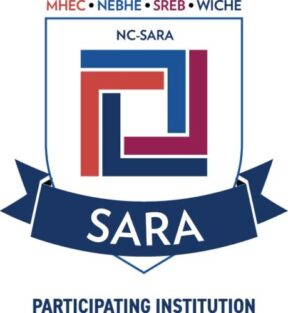
State Authorization
NC State’s Online and Distance Education programs are authorized or exempt from authorization in all 50 states, the District of Columbia and U.S. territories.
The State Authorization Reciprocity Agreement (SARA) is a voluntary agreement among its member states and U.S. territories that establishes comparable national standards for interstate offering of postsecondary distance education courses and programs. It is intended to make it easier for students to take online courses offered in other states, to give them confidence that programs in other states are properly authorized, and thus to improve the quality of online education.
The National Council for State Authorization Reciprocity Agreements (NC-SARA) oversees SARA. Forty-nine states (all except California) currently participate in NC-SARA. NC-SARA operates under the authority of four regional education compacts: the Midwestern Higher Education Compact, the New England Board of Higher Education, the Southern Regional Board and the Western Interstate Commission for Higher Education. North Carolina is one of 16 states in the Southern Regional Education Board compact.
 | NC State University was approved in October 2016 by SARA-North Carolina to participate in NC-SARA. Though California is not a member of SARA, NC State University is able to offer online education in California by means of exemption from authorization. |
Residency Determination and Status
As of February 20, 2017, the University of North Carolina System began managing and processing all residency determinations. All NDS students requesting in-state residency consideration for tuition purposes are required to complete the North Carolina Residency Determination Service (RDS) form prior to completing the NDS application.
Learn more about Residency Status.

